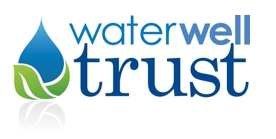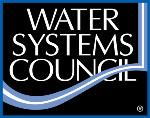
Water Well Trust Expands Water Well Projects to 12 Counties in Georgia

The Water Well Trust, the only national nonprofit helping low income Americans get access to a clean, safe water supply, has announced that it is expanding from ten to twelve the number of Georgia counties eligible to receive assistance for drilling a new water well or rehabilitate an existing well.
In 2015, the U.S. Department of Agriculture (USDA) awarded a $140,000 matching grant to the Water Well Trust (WWT) for a project to increase potable water availability to households in six rural Georgia counties, including Colquitt, Hancock, Jones, Monroe, Murray, and Wilcox. The WWT has expanded eligibility to another four counties in April: Worth, Grady, Twiggs, and Washington. Now the program will be available also in Hart and Macon counties.
The USDA grant monies will provide long-term, low-interest loans to applicants seeking new or improved water wells in the 12-county area, including several families that have been on a waiting list since 2012.
To be eligible to receive a WWT loan, applicants must be the owner and occupant of the home as their primary residence. In addition, the applicant’s household income must not exceed 100% of the median non-metropolitan household income for the state in which the applicant resides. The 2015 Non-Metropolitan median household income for Georgia is $46,100. The income criteria apply to both the applicant and all other occupants of the home.
The Water Well Trust is working with the Georgia Department of Community Affairs, Georgia Environmental Finance Authority, the Georgia USDA office and county administrators in each designated county to notify potential beneficiaries of the program.
Prospective applicants can download the application form and instruction letter from the Water Well Trust website at waterwelltrust.org. The Water Systems Council established the Water Well Trust in 2010 to provide clean, sanitary drinking water to Americans who lack access to a reliable water supply and to construct and document small community water systems using water wells to demonstrate that these systems are more economical.
 Water Systems Council
Water Systems Council